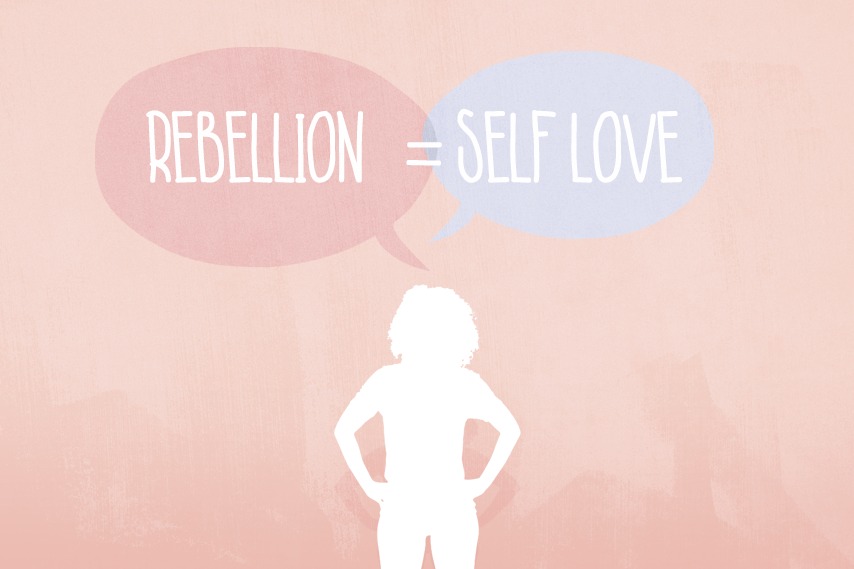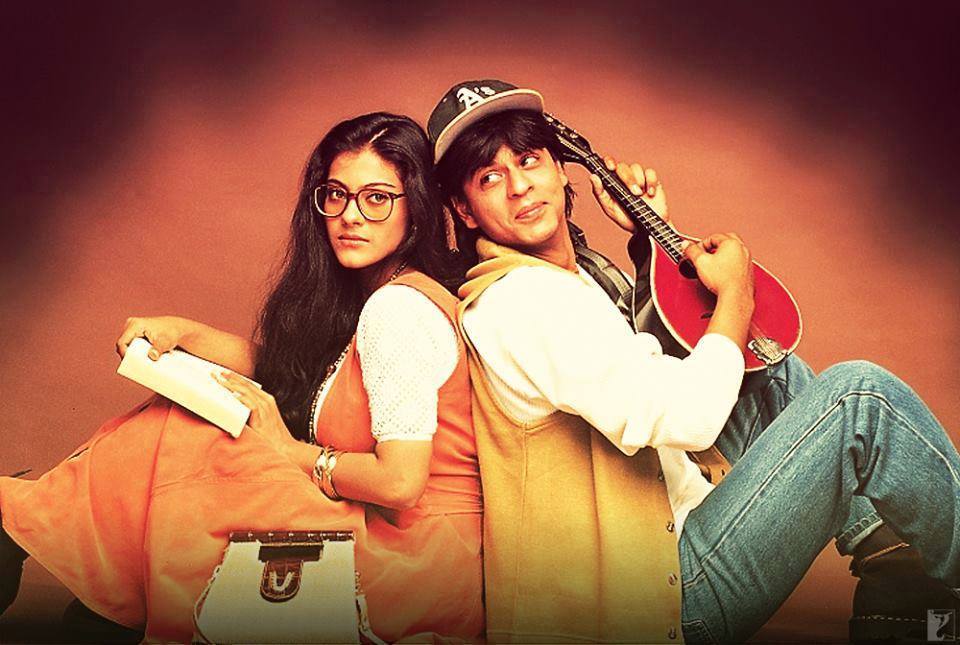KARACHI: I had gone out to dinner with two girlfriends and after an exchange of pleasantries and small talk, conversational dessert happened – the sweet stuff. Our chat became deeper and more fulfilling and we started to talk about things that were on our minds. Living in Karachi as women, growing up in traditional families or being married into them. All the conditioning that makes it so hard to process how we feel, validate ourselves – we are left feeling apologetic, always conscious, not self loving, never enough as we are. Never loved by others for who we are, we are forced to abandon our journey to self-love as well.
At one point, my friend started talking about her mother, and how difficult her battles had been when she was a child. Trivial things about how she dressed, behaved or made simple decisions were met with a subduing force and often left her feeling shamed, and isolated. Even a little bit of willfulness on her part as a young girl had been immediately shut down. Thankfully, she was confident enough to not let this stop her doing things her way, but it left scars and fractures in her most important relationship. “So you were the rebellious one?” I asked. “No, I wouldn’t say that,” she responded. “Actually, the very word rebellious is problematic, it’s so negative” she pointed out. And just that, for me struck a chord. It resonated.
View this post on Instagram
For me, the scars are different. I was the opposite, as a middle child. Always following rules, trying to please, avoiding disruption. I confessed to my rebellions before even committing them. For example, as a preteen, I told my mum I was going to skip school and hang out at the beach. It took away from the thrill of adventure, the risk of being found out, that my friends enjoyed. This need to have my mother involved was perhaps from a want of closer connection, something that I craved and felt was missing. Classic middle child syndrome behaviour maybe? However, when there was a time of crisis, when the need for attention and love was at its starkest, I kept it to myself. I punished myself, deprived myself of love, my body of food, I turned inwards, in shame. Outwardly I was the happy one, the funny one. Now I am spending my adult life trying to recognise and reverse this need to belong, fit in and I feel resentful for losing myself in the process. I have learned how to open up to people more, show my vulnerabilities, and also more importantly, to open up to myself. I try to stop trivializing my own problems. If a situation makes me angry or upset, I try to sit with the feeling. Recognise how it’s affecting my body (do I feel it in my gut? in my head? always on the left side for some reason) and my mind (what thoughts are coming up?). I am learning about boundaries and how it’s okay to stand up for myself and to call out things that make me uncomfortable. It’s a lifelong journey, awakening to our selves, one that I feel I have just started and I grateful for.
‘Rebellion’, the very word, is used as a badge of pride, especially when applied to men. But it can in fact be triggering. Especially when used for women in our culture. The feeling of belonging is conditional to how well they can adapt or groom themselves to look, act and behave in a certain way. Sharam and Haya intact. Driven but not too ambitious. Intelligent but ‘samajhdaar’ – ‘Baat sunnay walee’, ‘Achi bachi’, ‘Khyaal rakhnay wali’. The vilified women being labelled too ‘chalak’, ‘crack’ ‘too emotional’ and the classic – ‘crazy’.
View this post on Instagram
A lot of my own healing came from a feminist book club I was a part of during lockdown. A group of amazing women and I read ‘Living a Feminist Life’ by Sara Ahmed together. She describes how it is important for women to be feminist ‘killjoys’ and how she came about being one. She gives a simple example of how she was sitting on a table with her family for dinner when something was said that she found problematic. ‘You might be speaking quietly, but you are beginning to feel wound up by someone who is winding you up. The feminist killjoy appears here: when she speaks, she seems wound up. I appear here. This is my history: wound up.’ All the women in the book group spoke about their own experiences of feeling this way, and of how they reacted – did they manage to harness the power of the killjoy feminist, or did they choose to keep the peace instead. I spoke about my own experiences, for example about how I felt when I found out a male colleague, in the same position as me, was paid a lot more than I was and how I regretted not saying anything about it. About the time when I was desperate to be ‘one of the boys’ as a young girl because they just seemed like they had so much more fun. Speaking up is brave because it is disruptive, and you can feel lonely for it, but it’s fundamental to be confident enough to be what one can call ‘Rebellious’.
View this post on Instagram
Now, I am a mama of a wonderful little girl of my own, Anya. At only 2 years old, I can see her willful, rebellious side shining through. Her favourite phrase these day is, “I want to do it by myself.” She wants to button and zip up her own clothes, butter her own bread, pick out her own clothes, eat by herself. You name it. Every little task takes much longer than it’s supposed to, but I wouldn’t have it any other way. Sometimes she tells me she doesn’t want to play with me and I am not her best friend. I tell her no matter what you say or do, I will always be your best friend. Even if I throw things? If I shout? She asks provocatively. Yes, even then. And don’t get me wrong, I’m not always patient but I try my best to be, because if there’s one thing I want for her, it is to be courageous and confident enough to be rebellious. I want her to be emotionally secure enough to test and push boundaries, to realise her full potential, to be fully conscious of herself and to realise that there’s magic within. And she should shine her light, with no apology or pretense. Yes, even if it means throwing things and shouting.

 Artwork by Aamir Khan
Artwork by Aamir Khan











